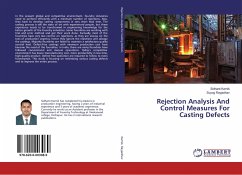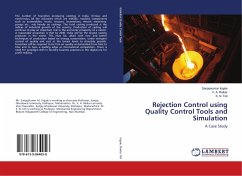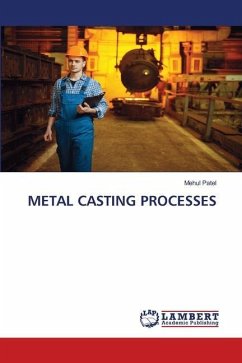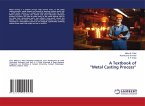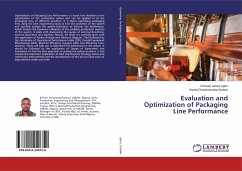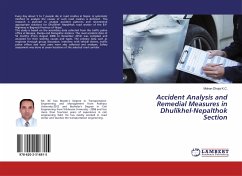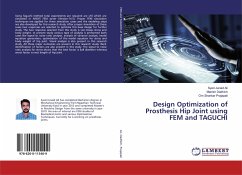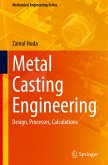In the present global and competitive environment, foundry industries need to perform efficiently with a minimum number of rejections. Also, they have to develop casting components in very short lead time. The casting process is still the state of art with experienced people, but these experience needs to be transformed in engineering knowledge for the better growth of the foundry industries. Some foundries are working with trial and error method and get their work done. Factually, most of the foundries have very less control on rejections, as they are always on the toes of production urgency; hence they ignore the rejections and salvage the castings. Majority foundries are failed to maintain a satisfactory quality control level. Defect-free castings with minimum production cost have become the need of the foundries. In India, there are many foundries have followed conventional and manual operations. Today's competitive environment has lower manufacturing cost, more productivity in less time, high-quality product. Defect-free operation are required to follow to every foundryman. This study is focusing on minimizing various casting defects and to improve the entire process.
Bitte wählen Sie Ihr Anliegen aus.
Rechnungen
Retourenschein anfordern
Bestellstatus
Storno

